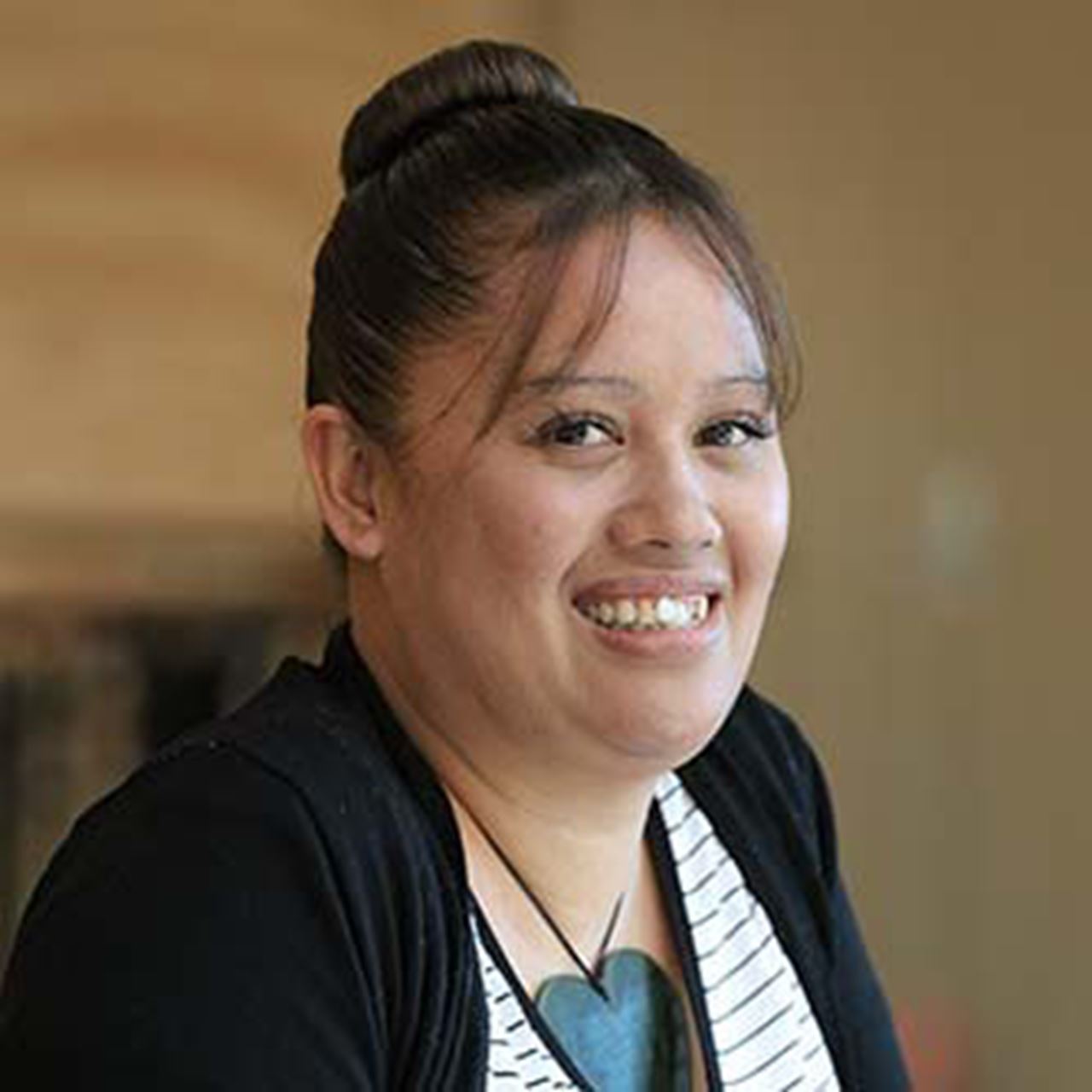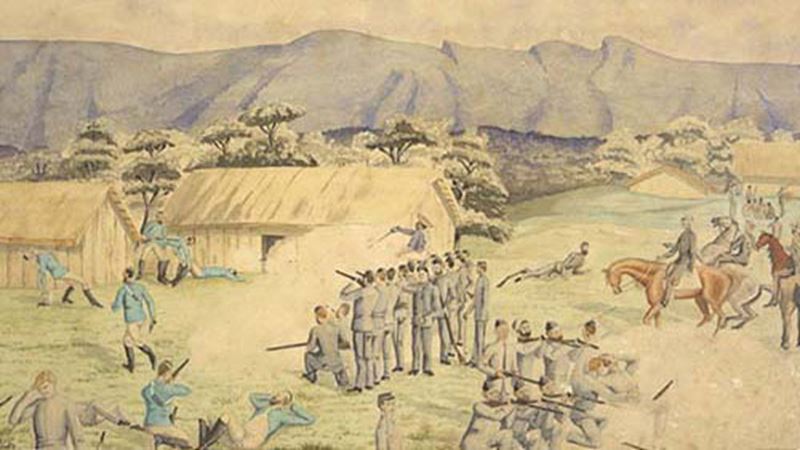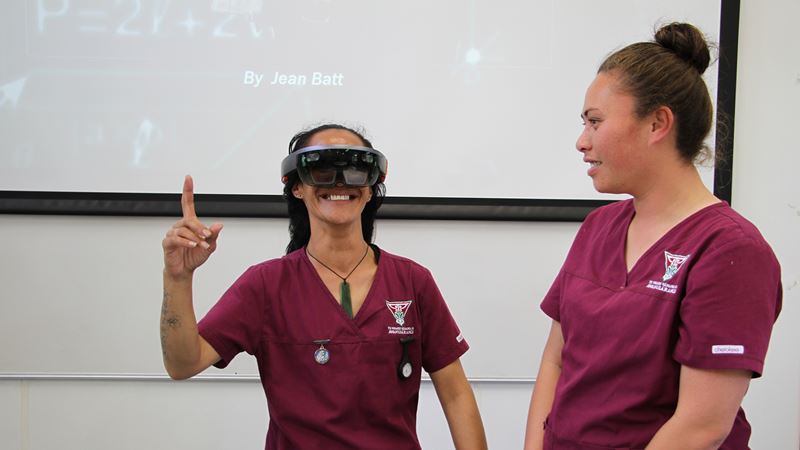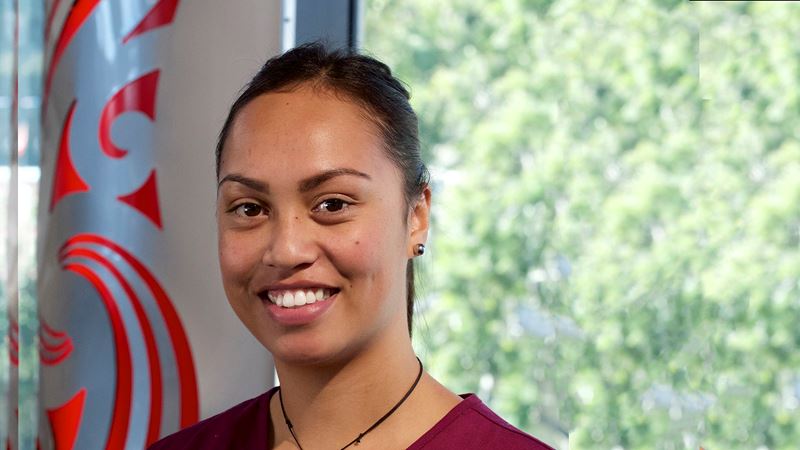Nursing student named chair of national Māori group

Tracy Black chairperson of the New Zealand Nurses Organisation’s Māori student nurses committee, Te Rūnanga Tauira.
Nursing student Tracy Black has been appointed chairperson of the New Zealand Nurses Organisation’s Māori student nurses committee, Te Rūnanga Tauira.
The Year 2 nursing degree student at Te Whare Wānanga o Awanuiārangi was nominated unanimously for the role by the leadership of the nursing organisation’s National Student Unit (NSU), and appointed in August.
The NSU is the main nursing student representative group in Aotearoa New Zealand and is a strong political voice for nursing students. Its committee comprises up to two student representatives from each of the 17 schools of nursing. The Māori representatives form Te Rūnanga Tauira, which contributes a Māori student nursing perspective to the national student committee.
“Having a voice as a student is extremely important to making changes across the nursing schools and for the future of our people,” Mrs Black said. “This role is an opportunity to advocate for nursing students to make a positive change at a national level. Having a collective voice of Māori nursing students across the country gives us the mandate to address issues that nursing students face.”
Mrs Black, who is of Tūhoe, Whakatōhea and Ngāti Kahungunu descent, said she will campaign to encourage more Māori into nursing.
“The Nursing Council of New Zealand register identified in 2017 that 7% of the nursing workforce are Māori, but the Māori population is 15% – an 8% shortfall,” Mrs Black said. “Having more Māori nurses in the workforce can make an important difference for our people in the health system – I have seen that for myself during my hospital placements. We need to recruit and retain more Māori at institutional (education) level to make a change in the future workforce. These are the types of issues that we, as Māori nursing students, are discussing.”
Mrs Black left school without qualifications, returning to education after raising a family. With her son, she began with a te reo Māori course at Awanuiārangi before completing the bridging programme to nursing, and then joining the three-year Te Ōhanga Mataora Paetahi – Bachelor of Health Sciences Māori (Nursing) degree programme in Whakatāne. Her son is completing his final year of the Bachelor of Education at Awanuiārangi



